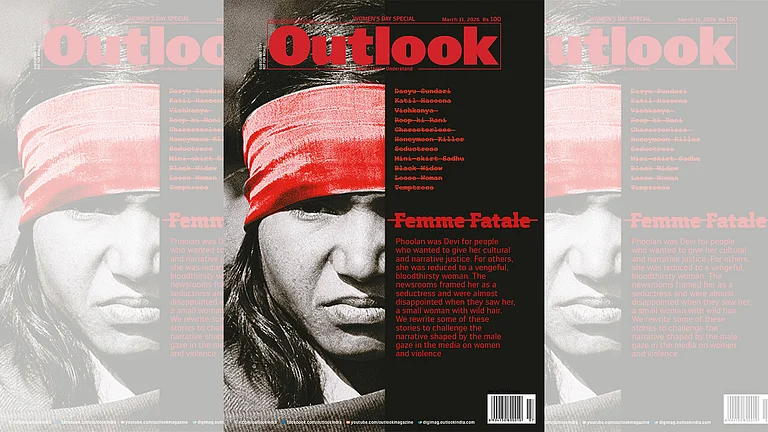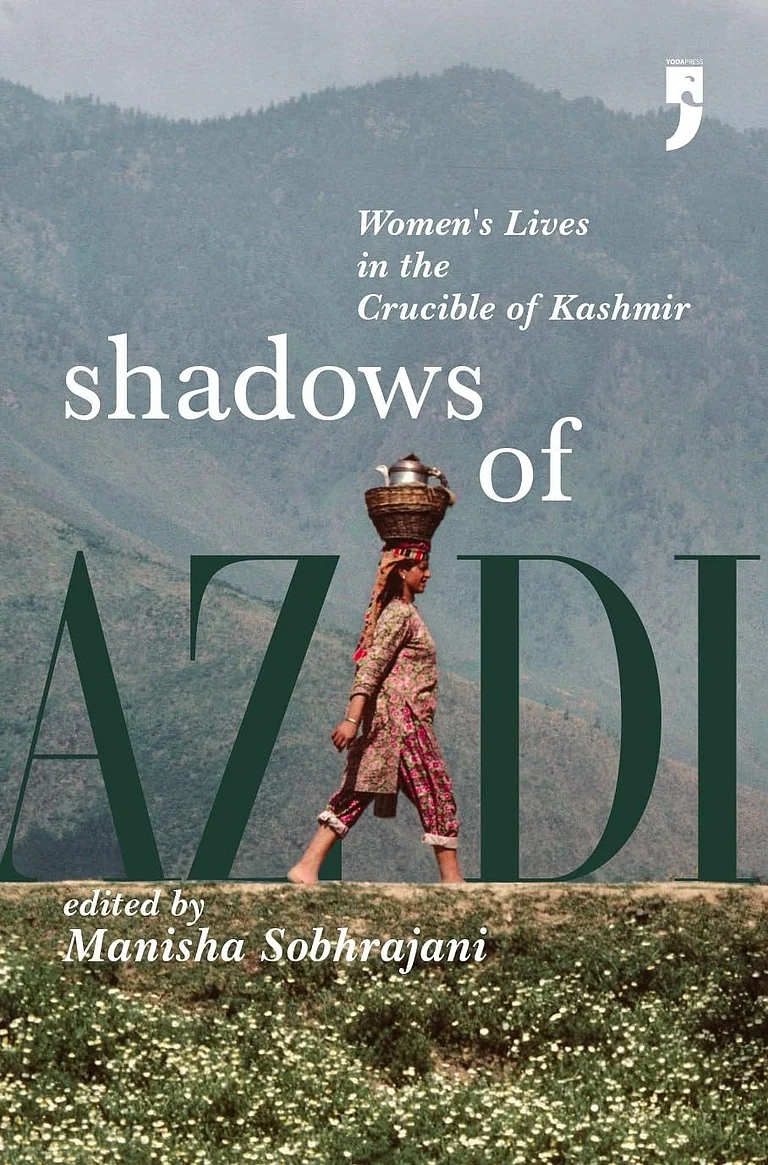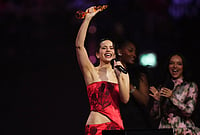'Act your age', 'age gracefully', 'doesn't look her age'...the many barbs women have to face, and fight. The beauty myth is dehumanising and traumatic. Fair skin, no pores, no facial hair but lush, long hair on the head – these are just some of the many social constructs that women have turned into their goals, and women mostly suffer from this pressure. 'Age is just a number', and 'beauty is in the eyes of the beholder' - why do people make these statements when age must be reversed and beauty must be attained through countless skin procedures, needles, lotions and potions?
Until recently, non-white women, those with darker complexions, were almost invisible in mainstream popular culture. Those who did appear were generally women seen as conforming more closely to Eurocentric beauty standards. Until recently, older women dressing up, travelling with their friends – not their husbands – were looked down upon. Those who did break this stigma were seen as the exceptions.
These prejudices have been fed to women for generations by families, friends, movies, books and most importantly advertisements. Perhaps, the labels on the popular makeup and skincare product must be taken with a grain of salt. How do you then define beauty?
Perhaps, beauty is love and to be loved. Beauty is empowerment of oneself not through physical appearances but through economic, social and cultural upliftment. Beauty is acceptance.
Outlook’s upcoming magazine issue attempts to reset beauty standards by telling stories of empowered women in the hope that these inspire more women to be wise and competent, not merely kind; to be strong and ambitious, not merely graceful. Living in the 21st century, women still have a long way to go in terms of acceptance – of the personal and in society. Pay gaps, discrimination, objectification and setting unrealistic standards for women are still very much prevalent but we must break these barriers.


























